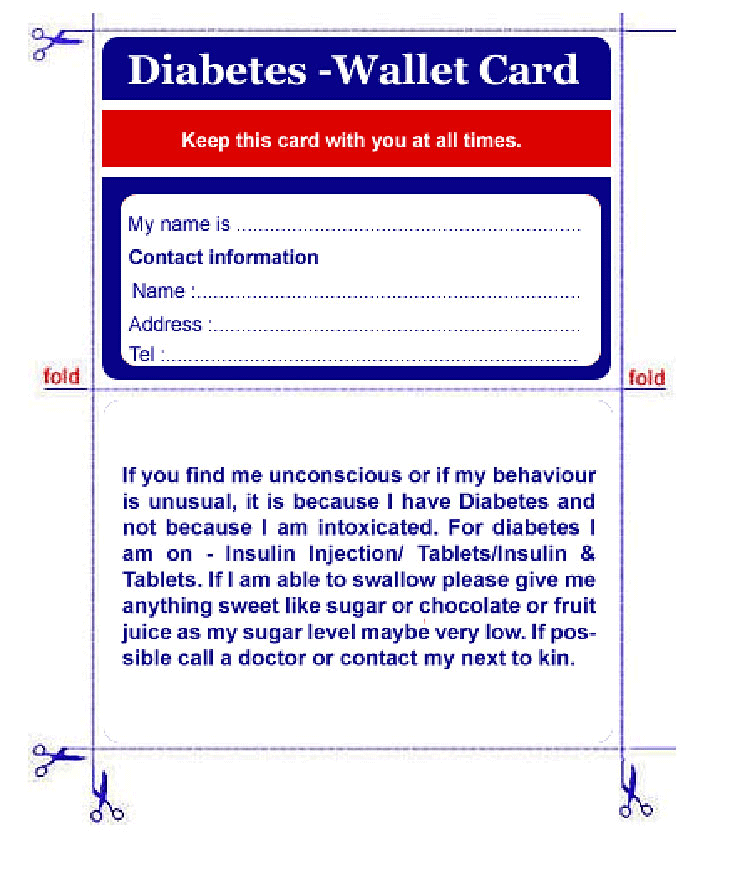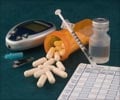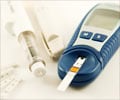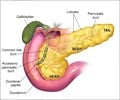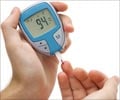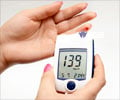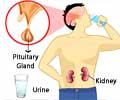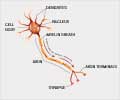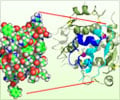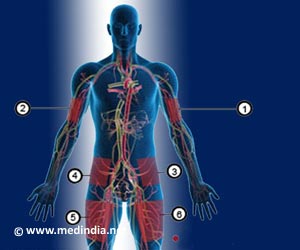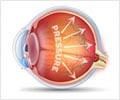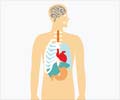About
All of us know someone suffering from diabetes. This sums up the prevalence of diabetes. It is, apart from being one of the most prevalent diseases in the world, also a disease that opens up a Pandora's box of many complications. No wonder it is a dreaded disease and people who are diabetic end up getting other medical problems as well.
Diabetes is a group of diseases with one thing in common - a problem with insulin. The problem could be that your body doesn't make any insulin, doesn't make enough insulin or doesn't use insulin properly.
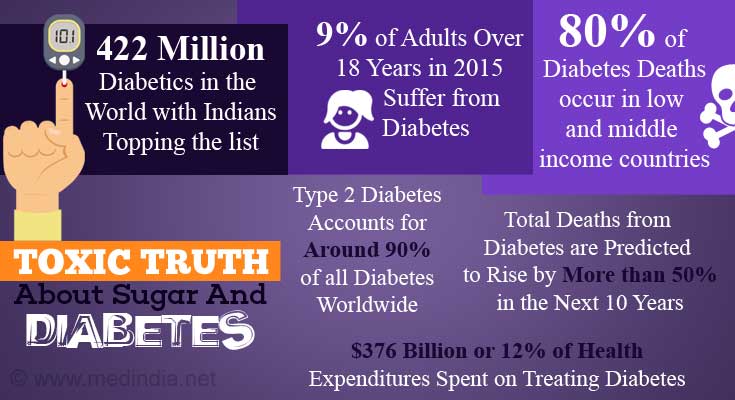
"Diabetes is a wonderful affection, not very frequent among men, being a melting down of the flesh and limbs into urine. The patients never stop making water, but the flow is incessant, as if from the opening of acqueducts. The nature of the disease, then, is chronic, and it takes a long period to form; but the patient is short-lived, if the constitution of the disease be completely established; for the melting is rapid, the death speedy." - Aretaeus the Cappadocian, [81-138]
The pancreas, which is an organ present in the abdominal cavity of the body, secretes this hormone insulin. This hormone is the key to the way your body processes food because it helps maintain the proper level of a sugar (glucose) in your blood. Glucose is your body's fuel. Cells use glucose to produce energy to grow and function. Glucose is escorted by insulin through your bloodstream and insulin helps in unlocking cells to allow glucose to enter.
In diabetes, lack of insulin or the resistance of your cells to insulin prevents the right amount of glucose from entering your cells. The unused glucose builds up in your blood, a condition called hyperglycemia.
The disease occurs in two types:
Type 1 diabetes: This is the type of diabetes that generally affects young people and requires treatment with insulin.
Type 2 diabetes: This type of diabetes generally develops after age 40. Diabetes can develop gradually, often without symptoms, over many years. It may reveal itself too late to prevent damage. In fact, you may first learn you have diabetes when you develop one of its common complications - heart disease, kidney disease or vision problems. Today, better methods of diabetes control, new medications and easier ways to take insulin enable most people who develop type 1 or 2 diabetes to live a long and healthy life.
